When Syrian de facto leader Ahmed Al-Sharaa Ahmed AlSharaa delicately declined to shake German Foreign Minister Annalena Baerbock’s hand—while warmly greeting her French counterpart—it didn’t take long for German media to erupt. Accusations flew: Al-Sharaa was branded disrespectful to women, dismissive of human rights, and emblematic of all that was wrong with Syrian governance. But how much of this storm was fueled by cultural blind spots rather than genuine affront?
As someone from Saudi Arabia, I’ve encountered similar moments of misunderstanding in Germany—situations where cultural nuance was overlooked or dismissed. These experiences left me wondering how little tolerance there can sometimes be for practices that fall outside Western norms.
For many Muslims, refraining from physical contact with the opposite gender is a matter of religious principle, not personal disrespect. Yet this distinction is often lost in Western debates, where such gestures are quickly interpreted as symbols of patriarchy or backwardness. Al-Sharaa’s decision was likely guided more by adherence to custom than any intent to offend. But as is often the case, failure to understand such gestures risks turning diplomacy into theater—and not of the constructive kind.
Baerbock, a vocal champion of women’s and human rights, made Europe’s expectations of Syria crystal clear. It was a position sure to resonate with her domestic audience. Yet diplomacy requires more than rhetorical clarity; it also demands cultural literacy. Without an effort to engage with context, such moments are more likely to alienate than to build bridges.
The controversy over a simple handshake reflects a broader challenge in international relations: the uneasy intersection of universalist ideals and cultural particularities. Al-Sharaa’s refusal, rooted in custom, would have been understood differently in Damascus than in Berlin. For diplomacy to succeed, it requires a deft touch—one that looks past symbolic acts to the values beneath them.
As a Saudi, I’ve come to appreciate that bridging divides isn’t about agreeing on every gesture. It’s about understanding what those gestures mean. In the end, diplomacy is less about hands clasped than about minds meeting.
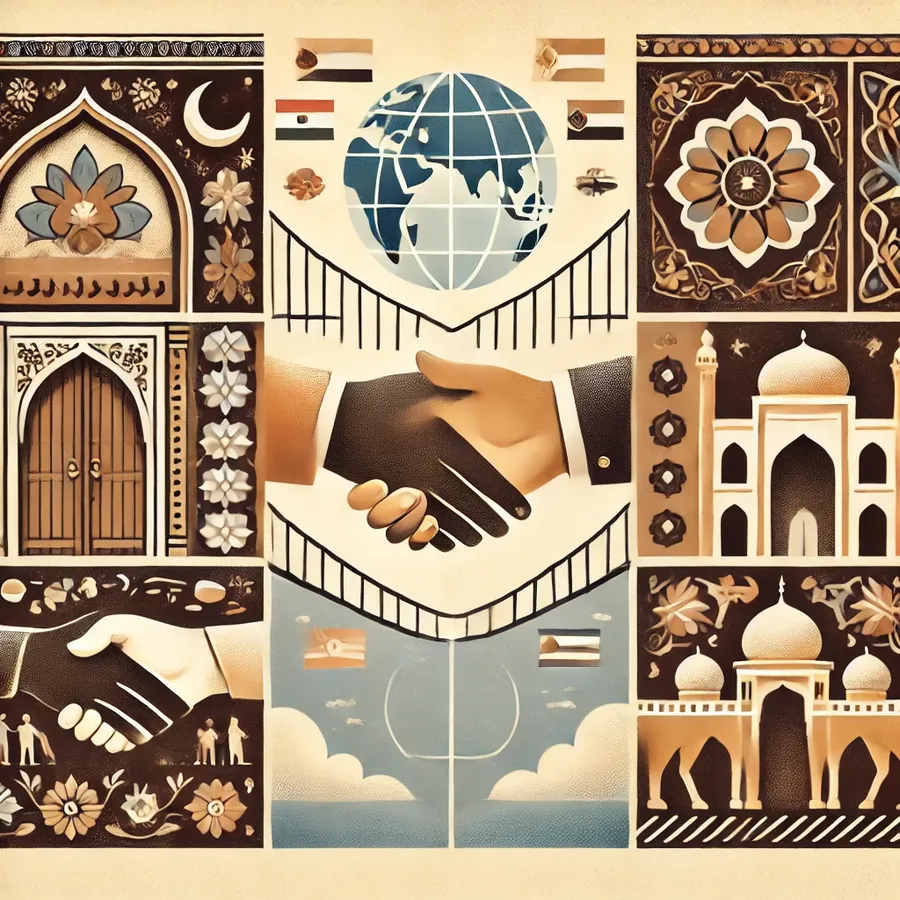
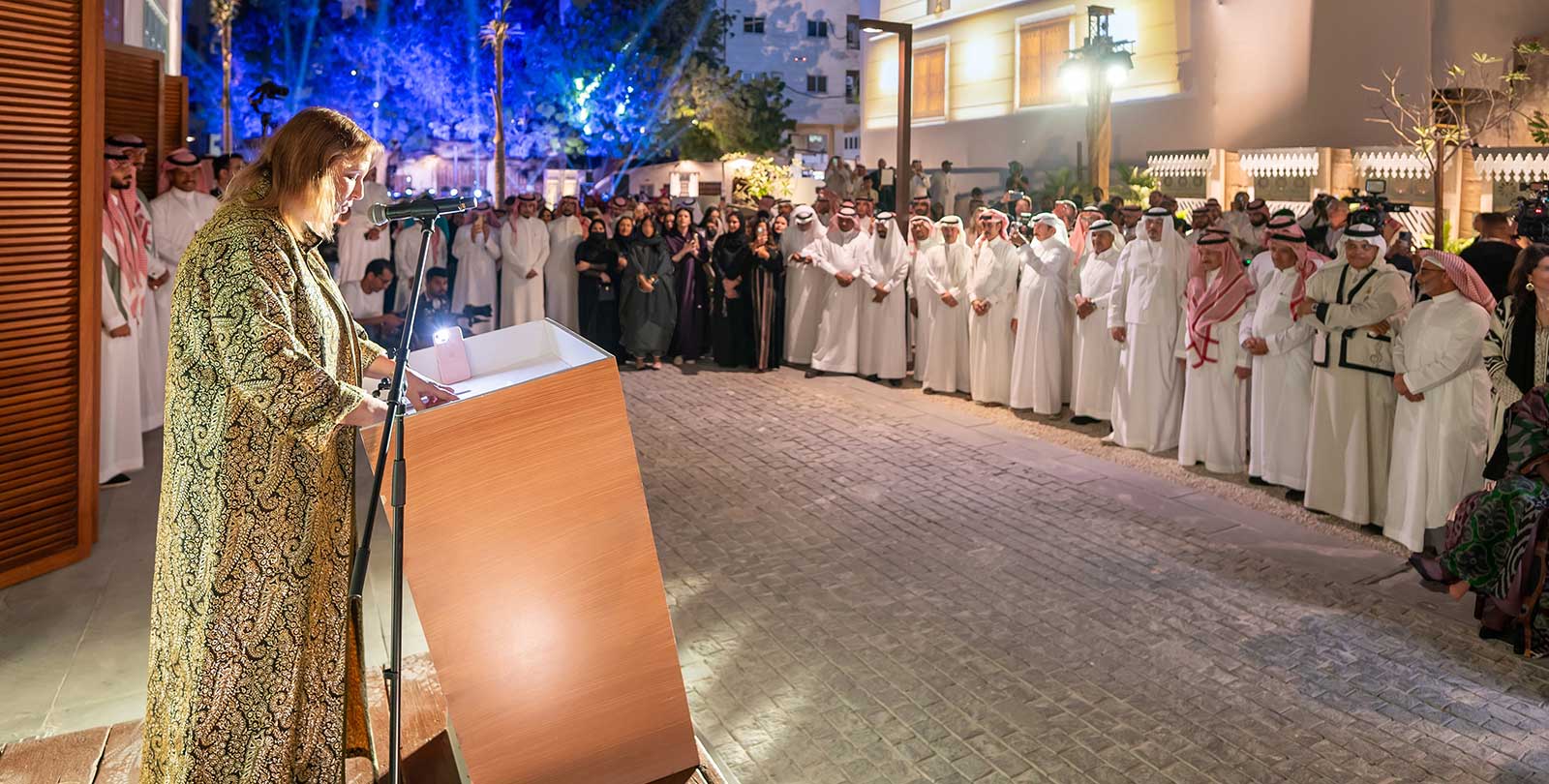
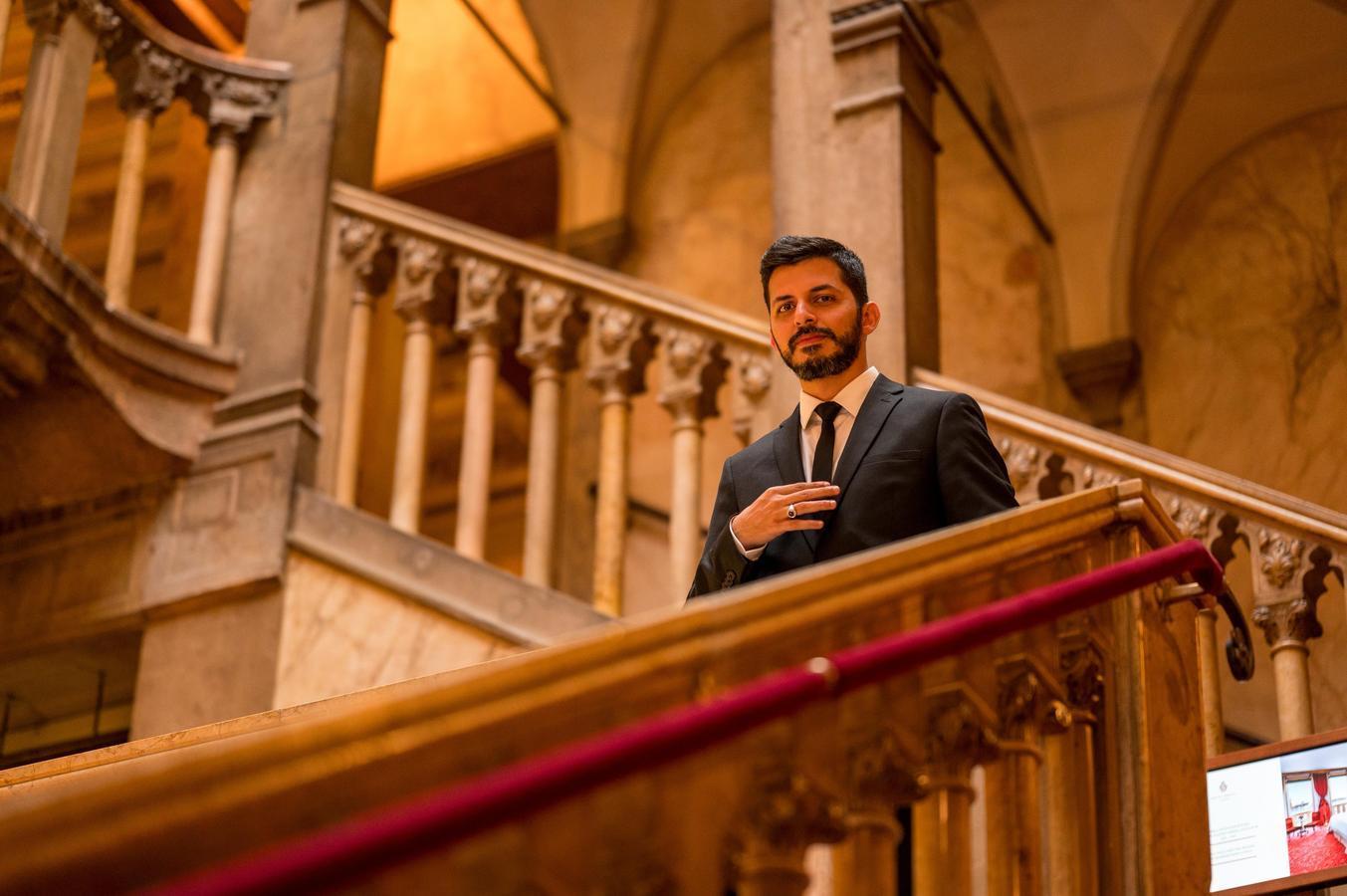
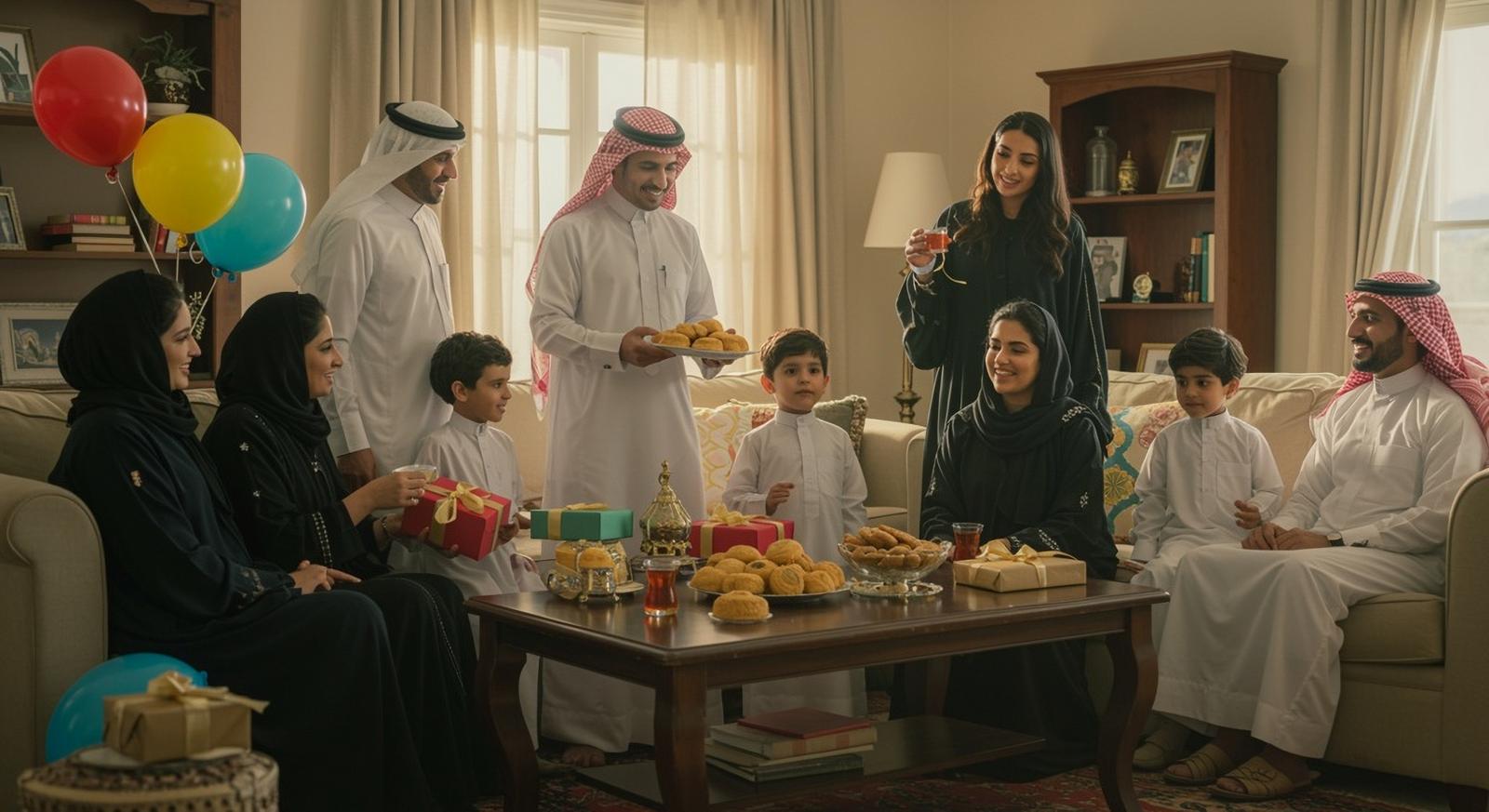

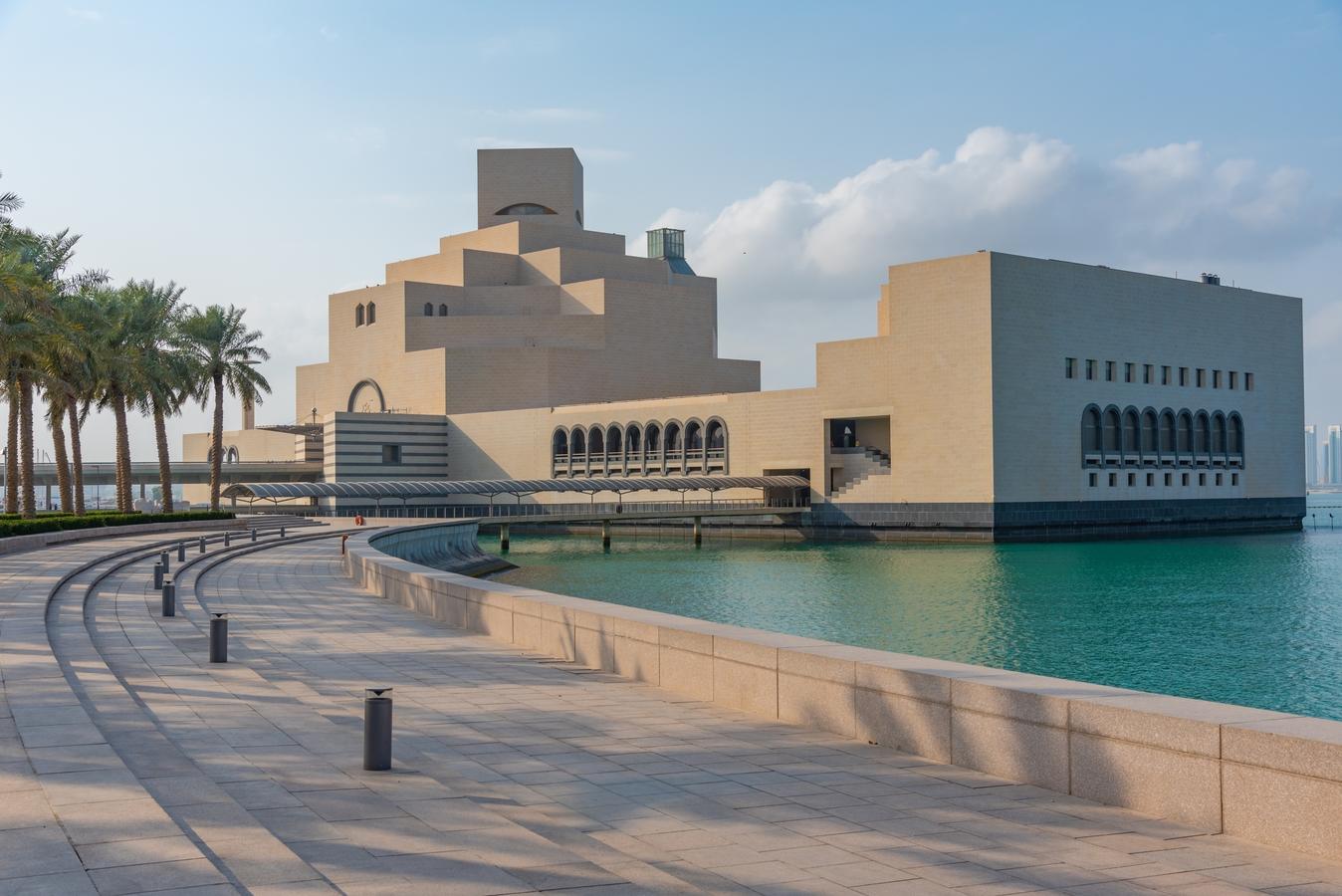
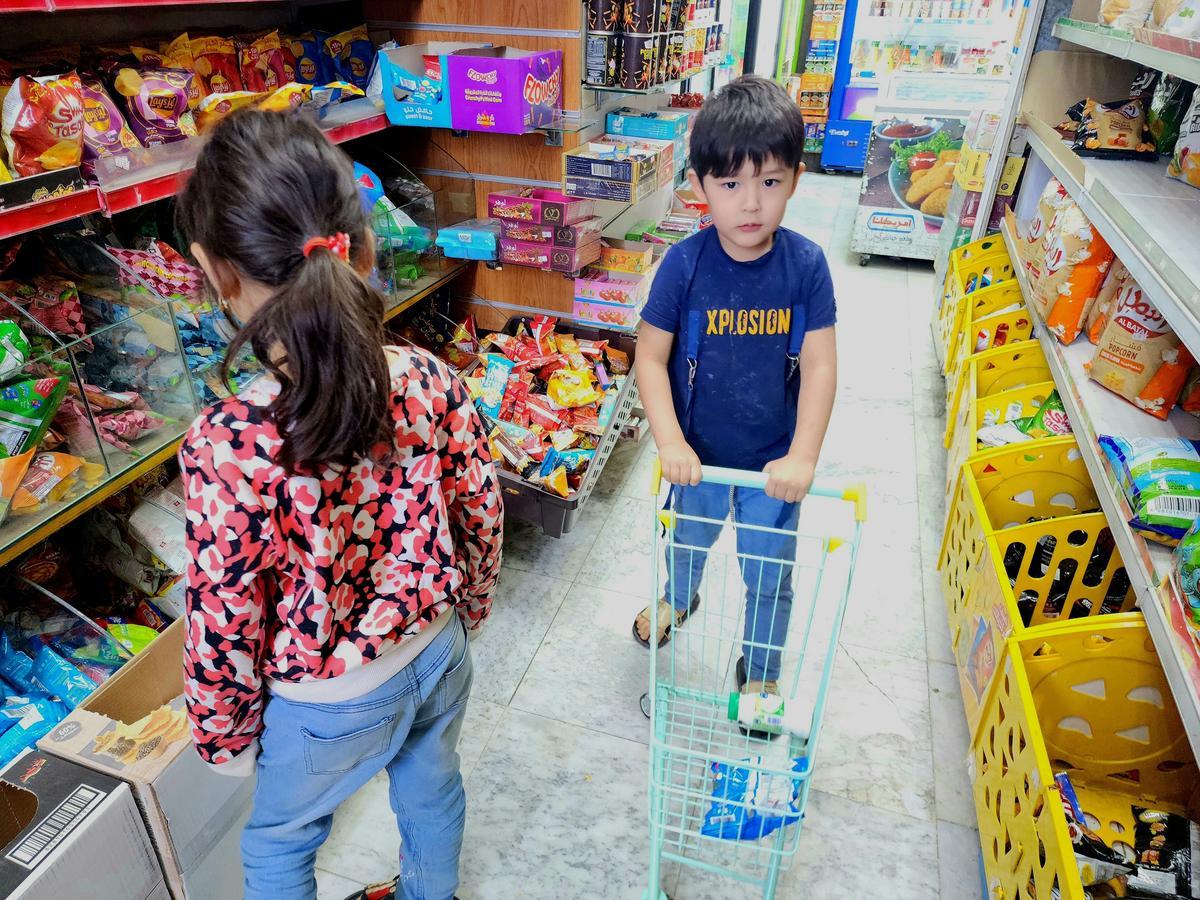
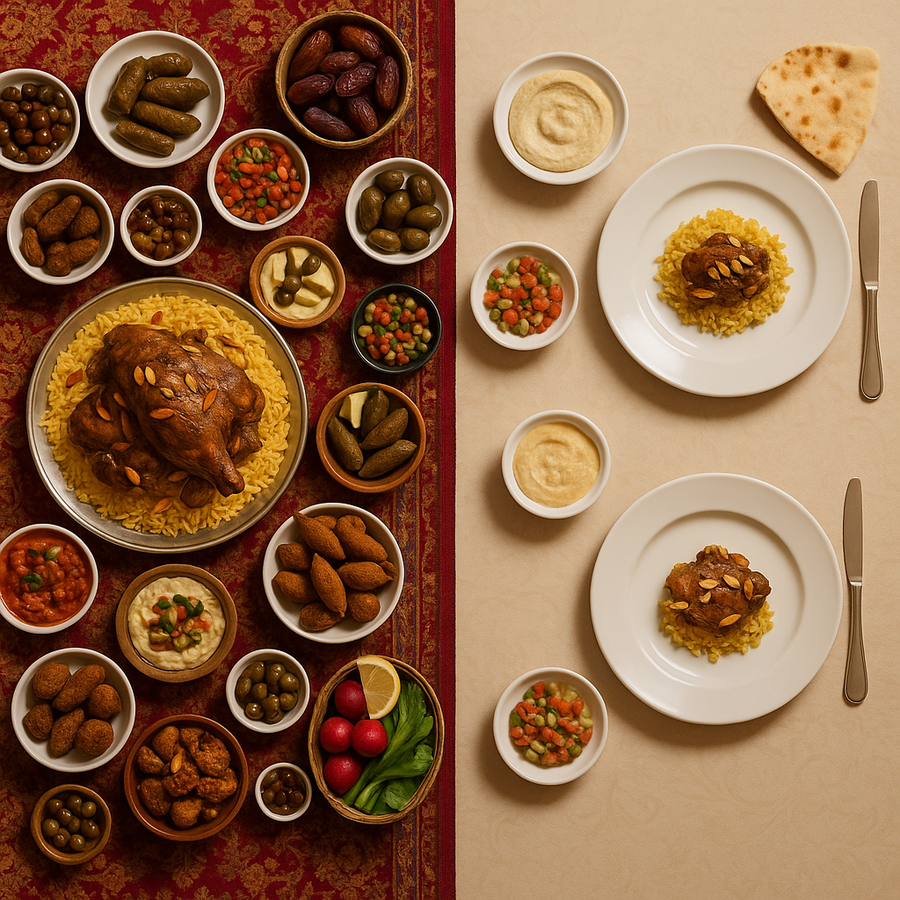

0 Comments
No comments yet. Be the first to comment!